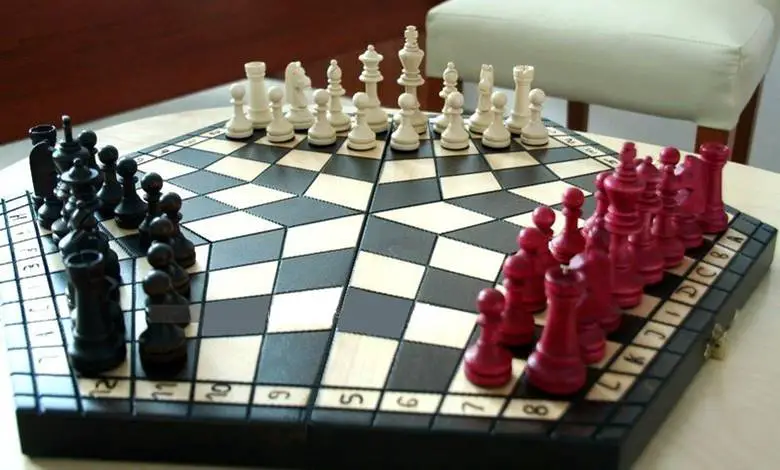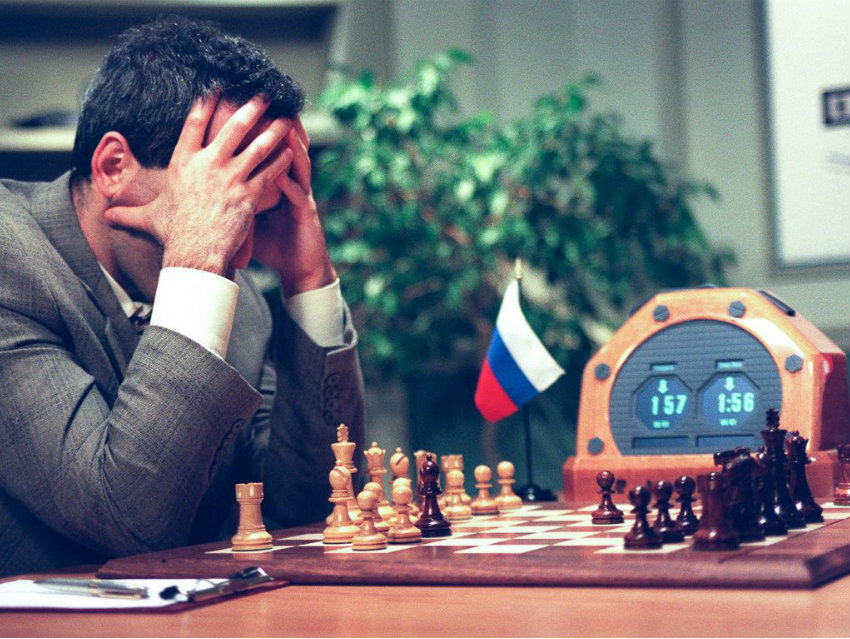Chess: A Comprehensive Exploration
Chess: A Comprehensive Exploration

Chess is a timeless game that has captured the hearts and minds of people around the world for centuries. With its origins tracing back to ancient India, where it was known as Chaturanga, chess has evolved into a strategic and intellectually stimulating pastime enjoyed by millions of enthusiasts of all ages and backgrounds. In this comprehensive exploration, we delve into the rich history, rules, strategies, benefits, and cultural significance of chess.
History of Chess
The origins of chess can be traced back over 1500 years to ancient India, where it was developed as a game called Chaturanga. This early version of chess featured pieces representing the four branches of the Indian military: infantry, cavalry, elephants, and chariots. Chaturanga spread to Persia, where it evolved into Shatranj, and from there, it made its way to Europe via the Arab world during the Islamic Golden Age.
In Europe, chess underwent further evolution, with the modern rules and piece movements taking shape during the 15th century. The game's popularity surged during the Renaissance, with chess becoming a favorite pastime among nobility and intellectuals. Chess tournaments began to emerge in the 19th century, leading to the formalization of rules and the establishment of international chess organizations.
Rules of Chess
Chess is a two-player strategy game played on a square board divided into 64 squares of alternating colors, typically black and white. Each player controls an army of 16 pieces, including one king, one queen, two rooks, two knights, two bishops, and eight pawns. The objective of the game is to checkmate the opponent's king, placing it under attack with no means of escape.
The game begins with the pieces arranged on opposite sides of the board, with pawns occupying the second and seventh ranks and the other pieces positioned behind them. Players take turns moving their pieces according to specific rules governing each piece's movement and capture abilities. The game continues until one player achieves checkmate, stalemate, or resignation.
Strategies and Tactics
Chess is a game of strategy, requiring players to anticipate their opponent's moves while planning their own. Successful chess players employ a wide range of strategies and tactics to gain an advantage over their opponents, including controlling the center of the board, developing pieces efficiently, and creating threats against the opponent's king.
Common tactical motifs in chess include forks, pins, skewers, discovered attacks, and double attacks. These tactical patterns allow players to create opportunities to capture enemy pieces, gain material advantage, or deliver checkmate. Additionally, chess players must be adept at evaluating positions, calculating variations, and recognizing patterns to navigate complex positions successfully.
Benefits of Chess
Beyond its entertainment value, chess offers a wide range of benefits for players of all ages. Research has shown that regular chess practice can improve cognitive abilities such as memory, problem-solving, critical thinking, and decision-making. Chess also promotes social skills, sportsmanship, and resilience, as players learn to cope with wins and losses graciously.
For children, chess can be particularly beneficial, as it helps develop academic skills such as concentration, spatial reasoning, and logical thinking. Many schools around the world have integrated chess into their curriculum, recognizing its educational value in promoting intellectual growth and academic success.
Cultural Significance
Chess has transcended cultural and geographical boundaries to become a universal language spoken and understood by people around the world. Throughout history, chess has been a symbol of intellect, strategy, and nobility, with countless references to the game in literature, art, and popular culture.
Chess has also played a significant role in diplomacy and international relations, with chess matches serving as a means of communication and conflict resolution between nations. The iconic Cold War-era matches between American Bobby Fischer and Soviet champion Boris Spassky captured the world's attention and underscored the political significance of chess as a tool of soft power.
Conclusion
Chess is more than just a game; it is a timeless pursuit that embodies the beauty of intellect, strategy, and creativity. With its rich history, complex rules, and endless possibilities for exploration, chess continues to captivate players and enthusiasts worldwide. Whether played casually for enjoyment or competitively at the highest levels, chess remains a source of inspiration, challenge, and growth for all who dare to engage with it.
Kaynakça
- ^ *tsf.org.tr. "Satranç Spor mu?".[ölü/kırık bağlantı] (Türkçe) (19 Mart 2012).
- ^ "Satrancın Tarihçesi". Türkiye Satranç Federasyonu. 11 Aralık 2015 tarihinde kaynağından arşivlendi.
- ^ a b c "chess." Encyclopædia Britannica Ultimate Reference Suite. Chicago: Encyclopædia Britannica, 2011.
- ^ Seirawan, Yasser (2021). Satrançta Kazandıran Oyun Felsefesi. L. Ece Sakar tarafından çevrildi. İstanbul: İş Bankası Kültür Yayınları.
- ^ How to play chess 31 Mart 2013 tarihinde Wayback Machine sitesinde arşivlendi. Chess.com. Erişim: 16 Kasım 2012.
- ^ "FIDE Laws of Chess" (PDF). 9 Nisan 2021 tarihinde kaynağından arşivlendi (PDF). Erişim tarihi: 3 Mayıs 2024.
- ^ David Pritchard (2000). Popular Chess Variants. Batsford Chess Books. ISBN 0-7134-8578-7.
- ^ David Pritchard (1994). The Encyclopedia of Chess Variants. Games & Puzzles Publications. ISBN 0-9524142-0-1.
- ^ van Reem, Eeric. The birth of Fischer Random Chess. 25 Mart 2016 tarihinde Wayback Machine sitesinde arşivlendi.chessvariants.com, 24 Temmuz 2001. Retrieved 30 Kasım 2006.






























